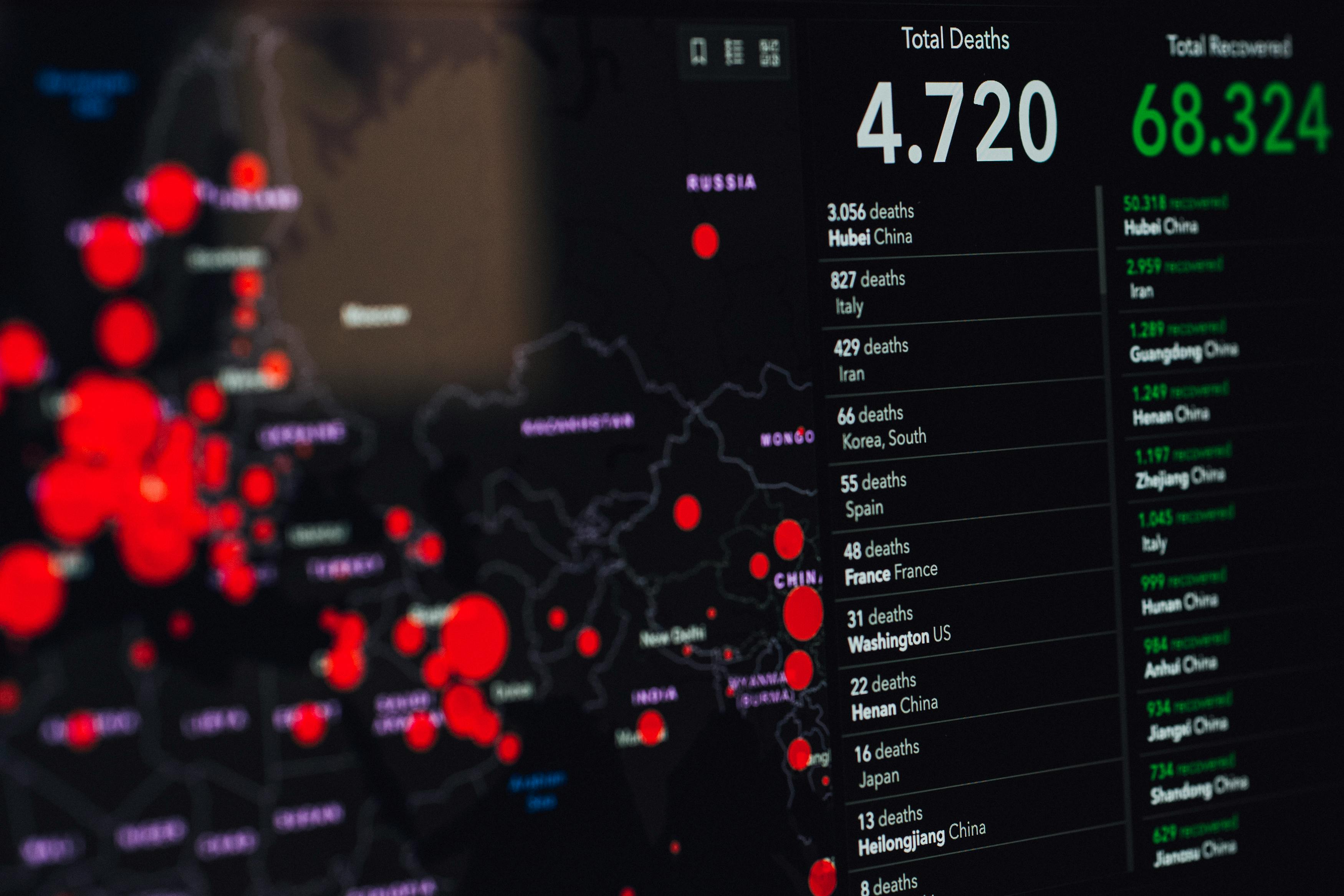
Getting started with data science can feel overwhelming. There are endless tools, topics, and opinions about what you should learn first. But if you're motivated, focused, and willing to put in the time, it's entirely possible to build a strong foundation without spending a cent.
This guide outlines a practical way to begin your journey into data science using freely available resources. It’s not a shortcut or a hack. It’s a clear starting point for building real skills.
Before diving into tutorials or courses, take time to understand what data science actually is. It's not just about coding or analyzing data. It blends statistics, programming, and problem solving. It helps companies make informed decisions, automate processes, and generate insights from data.
Read a few introductory articles or guides from trusted sources like Harvard Business Review, Towards Data Science, or Simply Statistics. These will give you a sense of what data science work looks like and the kinds of problems it addresses.
Python is widely used in data science because of its simplicity and strong ecosystem. It's also well-supported by free resources.
Start with the basics:
Python for Everybody by Dr. Charles Severance (Coursera)
Learn Python on W3Schools or Python.org’s beginner tutorials
Automate the Boring Stuff with Python by Al Sweigart (available to read for free online)
These resources will help you understand variables, functions, loops, conditionals, and how to work with data using libraries like pandas.
You don’t need a degree in statistics, but a working understanding of probability, distributions, sampling, and hypothesis testing is important.
Free resources to start with:
OpenIntro Statistics (textbook available for free)
StatQuest with Josh Starmer on YouTube for visual and engaging explanations
As you learn, focus on how statistical concepts apply to real problems. It will make the theory easier to remember and more useful.
Theory only gets you so far. The best way to learn data science is to work with data.
Look for open datasets from:
Kaggle Datasets (great for practice and mini-projects)
data.gov, UCI Machine Learning Repository, or Google Dataset Search
GitHub repositories from data science practitioners
Start by answering simple questions with the data: What trends can I find? Are there outliers? Can I build a basic model? Document everything in Jupyter notebooks and push it to GitHub as a portfolio.
Communicating your results clearly is just as important as the analysis itself.
Begin with:
Matplotlib and Seaborn for static plots in Python
Plotly for interactive charts
Tutorials on DataCamp (free beginner lessons) or YouTube walkthroughs
Don’t just learn how to plot — learn when to use certain charts and how to keep your visualizations clean and readable.
At some point, stop jumping between tutorials and start building something. Choose one small project and see it through from start to finish.
For example:
Analyze COVID-19 trends in your country
Clean and visualize your Spotify listening history
Predict housing prices using a public dataset
The project doesn’t need to be groundbreaking. What matters is that you’ve done the full cycle: collected data, cleaned it, explored it, modeled it, and communicated your findings.
Learning in isolation can be tough. Find people who are learning too or already working in the field.
Communities you can join:
Kaggle (competitions, discussions, notebooks)
r/datascience or r/learnmachinelearning on Reddit
DataTalks.Club, Data Science Discord servers, or local meetups
Ask questions. Share your work. Learn from others. The connections you build early on can help you stay motivated and open up opportunities later.
Free resources make learning accessible, but they also make it easy to chase too many things at once. Focus on mastering the basics before jumping into deep learning or advanced topics.
Set realistic goals. Be patient with your progress. Show up consistently. If you’re learning a bit each day and building projects that interest you, you're on the right track.
You don’t need expensive courses, certifications, or the perfect learning path to get started with data science. You need curiosity, consistency, and a willingness to learn by doing. The resources are out there. Use them well, and you’ll build the skills that matter.
If you're already learning, start your first project today. If you're still thinking about it, pick one resource from this list and begin.